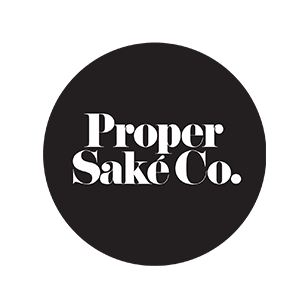Vesting Options vs. Vesting Shares
What is the difference between the vesting of options and the vesting of shares?
This is a good question. This is something that is not very well understood by a lot of people. When you issue stock that is subject to vesting, the company has the right to repurchase that stock for some nominal value, usually what the employee or the founder paid for that stock.
When an option is subject to vesting, it means that someone cannot purchase the shares underlying the option until that option has vested with respect to their shares.
So quick example- If a founder is issued 1,000,000 shares of stock that are subject to vesting, that means the company can re-buy or repurchase some number of shares of stock that the founder has been issued. But that repurchase rate (the number of shares that can be repurchased) goes away over a period. However, if the founder is issued an option to purchase shares, let’s say 1,000,000 shares and it vests as to 25 after year one, which means I have the right to reap, the right to purchase 250,000 shares on the first anniversary of my option grant agreement.
In one case, the founder is vesting into the right to buy something – vesting of an option. In the other case, the founder is vesting out of a repurchase right – vesting of shares.
The reason vesting of shares is set up this way has to do with 409A Valuation and tax consequences on founders. More information is available on that here.
Learn more about Vesting here.
Understanding Founder Vesting
Do Founders Need to Pay For Shares?
Tax On Founder Shares Explained
Section 409A and Safe Harbor Rules
What is the difference between the vesting of options and the vesting of shares?
This is a good question. This is something that is not very well understood by a lot of people. When you issue stock that is subject to vesting, the company has the right to repurchase that stock for some nominal value, usually what the employee or the founder paid for that stock.
When an option is subject to vesting, it means that someone cannot purchase the shares underlying the option until that option has vested with respect to their shares.
So quick example- If a founder is issued 1,000,000 shares of stock that are subject to vesting, that means the company can re-buy or repurchase some number of shares of stock that the founder has been issued. But that repurchase rate (the number of shares that can be repurchased) goes away over a period. However, if the founder is issued an option to purchase shares, let’s say 1,000,000 shares and it vests as to 25 after year one, which means I have the right to reap, the right to purchase 250,000 shares on the first anniversary of my option grant agreement.
In one case, the founder is vesting into the right to buy something – vesting of an option. In the other case, the founder is vesting out of a repurchase right – vesting of shares.
The reason vesting of shares is set up this way has to do with 409A Valuation and tax consequences on founders. More information is available on that here.
Learn more about Vesting here.
Understanding Founder Vesting
Do Founders Need to Pay For Shares?
Tax On Founder Shares Explained
Section 409A and Safe Harbor Rules
























